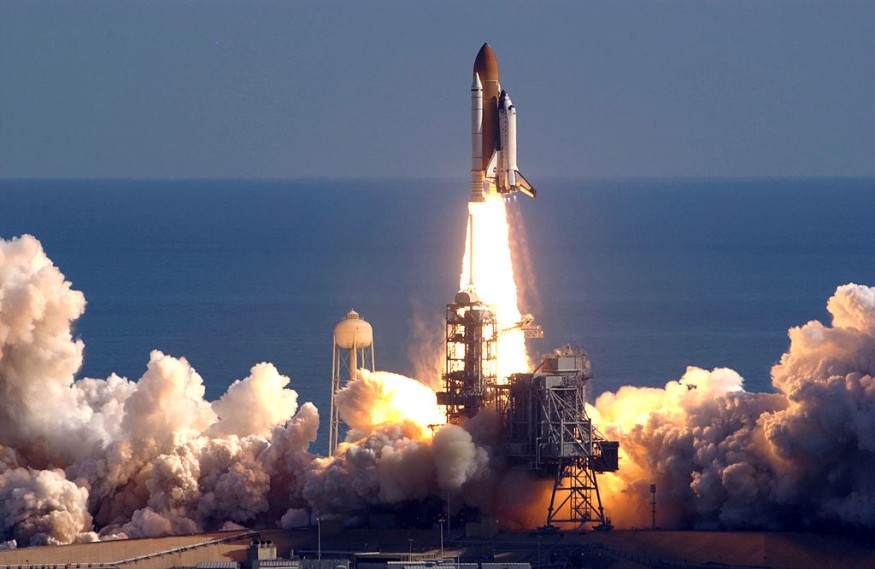
A telescope from the Space Shuttle Columbia, which embarked a few decades ago, has been advertised for sale on Craigslist in what appears to be an unusual find.
It's now on the market for US$10 million. "Can ship worldwide (no export restriction) in [a] standard sea container," reads the listing. While the item has been listed for sale, the owner is not rushing to sell it.
The owner attempted to sell the telescope on eBay initially. Still, after the auction site revised its regulations to accommodate purchasers, he resorted to Craigslist. He's had approximately a dozen responses so far, but none of them have resulted in a successful sale.
NASA Space Telescope: Now For Sale On Craigslist For $10 Million
The telescope is one of a slew of priceless NASA relics that have found their way into the hands of private collectors, Futurism said. Many of whom have successfully resold them for millions of dollars. For example, a long-lost bag used by Neil Armstrong to gather samples during the Apollo 11 mission in 1969 was recently auctioned off for over $2 million.
These telescopes were eventually added to the National Air and Space Museum's collection. BroadBand X-Ray Telescope (BBXRT), the fourth telescope, was purchased by a collector in 2003 at a NASA Goddard Space Flight Center event.
Collector John Urciolo, CEO of a Potomac, Maryland-based aerospace contracting business, has attempted to sell the 1,800-pound slab of aircraft-grade metal, electronics, and glass for two decades.
The telescope has been in a shipping container for the past 18 years. Urciolo's Craigslist post mentioned that the BBXRT remains the "largest flown space artifact privately owned," costing NASA $40 million to construct back in the day.
The telescope, which is currently perishing in a container, cost NASA $40 million to build back in the day. The BBXRT is the "biggest flying space relic" possessed by a private citizen, according to Urciolo's Craigslist post.
History of BBXRT
According to The Verge, the Broad Band X-Ray Telescope (BBXRT) was carried for nine days by the Space Shuttle Columbia on its tenth trip in 1990. The telescope imaged difficult-to-detect cosmic rays at this period, logging almost 50 hours of observation. The US Space Shuttle program is no longer in operation, superseded by Russian and private-sector spacecraft. The BBXRT, on the other hand, has survived.
The Columbia Space Shuttle was launched as a special payload from Cape Canaveral Air Force Station on December 2, 1990. Four separate telescopes were sent into orbit alongside the spacecraft. Three telescopes capable of detecting ultraviolet radiation saw X-rays and performed 231 observations on 130 different celestial objects.
Space shuttle Columbia was launched from NASA's Kennedy Space Center on April 12, 1981, Space.com said. It became the first space shuttle to reach orbit. During the following two decades, Columbia took scores of astronauts into space and achieved significant milestones. As technology progressed, the shuttle received modifications as well.
Space shuttle Columbia's final mission failed miserably. Columbia burnt up upon re-entry over Texas on February 1, 2003, killing the shuttle and its seven-member crew. Following the loss of Columbia, NASA decided to do additional safety inspections in orbit for all future missions.
RELATED ARTICLE : Kennedy Space Center Visitor Complex Offers New Attraction Featuring SpaceX Falcon 9 Launcher That Underscores Future of NASA and Commercial Crew
Check out more news and information on Space in Science Times.










